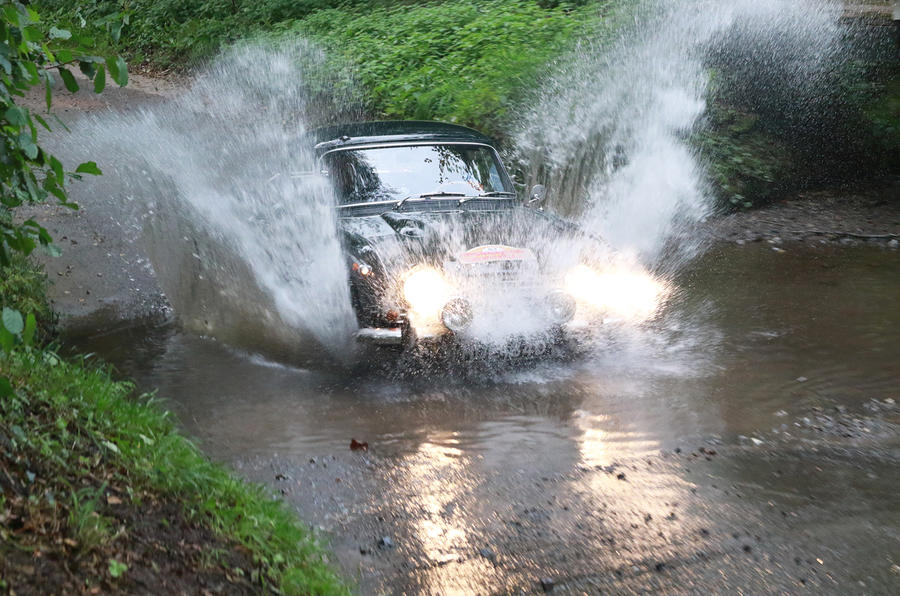The reduction of carbon emissions is increasingly dominating global politics as a key to stemming global warming. Historic motorsport may only be a tiny carbon contributor in the grand scheme of things, but it can’t simply ignore the issue and hope it will go away, because it won’t.
Thankfully, the innovative team at Hero-Era is, as ever, ahead of the curve. The Historic Endurance Rally Organisation, which includes the Endurance Rally Association, is one of the busiest event organisers with an impressive programme of global events, from fairly simple, single-day UK rallies right up to the Peking to Paris.
The eighth edition of this daunting epic will pit more than 100 classic cars against 37 days of challenging roads, across 10 countries and 9000 miles. It’s a glorious test of man and machine, but it’s also an easy target for environmental criticism. Driving classic cars for thousands of miles across remote landscapes is a tiny part of the carbon issue, but it’s clearly open to challenge.
To help counter any criticism or objection, Hero-Era has spent a lot of time and effort recently in establishing how, as a complete organisation, it can become carbon-neutral. It’s a groundbreaking move, but it’s one that other organisations will need to follow over the coming months and years.
It has worked with specialist Be Zero Carbon to produce a detailed analysis of all of its activities, from heating the office to travel for officials and all of the other things that have an impact on its carbon production.
Hero-Era’s carbon output last year was calculated at 424 tonnes, and that footprint is now being neutralised by investment into managed and sustainable forests.
As its programme of events gradually returns to pre-pandemic levels, so its carbon output will grow as major global endurance classic rallies return to the calendar. Yet all of it will be carefully monitored and run on a carbon-neutral basis.
It’s an important step towards making historic motorsport more acceptable and accountable, and Hero-Era is to be applauded for taking a lead. Others will surely follow, because carbon-neutralisation must be the minimum target for historic motorsport if it’s to continue to justify its existence.





Join the debate
Add your comment
It's good that the industry is recognising that anything with a 'pollution pipe' has inherent problems, even if it's relatively small in footprint like the classic car scene. Everything makes a difference and if you've stood and watched classic cars leaving a meeting, you'll be under no illusions that these cars are in any way 'clean'! The fumes are almost as bad as diesel. BUT: I would be interested in how much HERO-ERA are paying for their carbon offsetting. Cambridge University has said that most offsetting is set at far too low a level to be effective. The Bank of England recommends £45 per tonne, for example.
What a load of codswallop.
Classic Rallying can (and should) ignore the issue!
Frankly its like pixxing in a reservoir....it will make no difference.
Probably create less Co2 on the entire event than one Euro Fighter scrambling to intercept another Russian incursion into our airspace.
If trees need planting (and I am sure they do), do it because it needs doing - not in the name of Motorsport.
What a great approach. We can forget all the solar panels, wind power, hydrogen, home insulation etc. We just need to work out how much carbon dioxide we generate and plant enough trees to compensate. Brilliant.